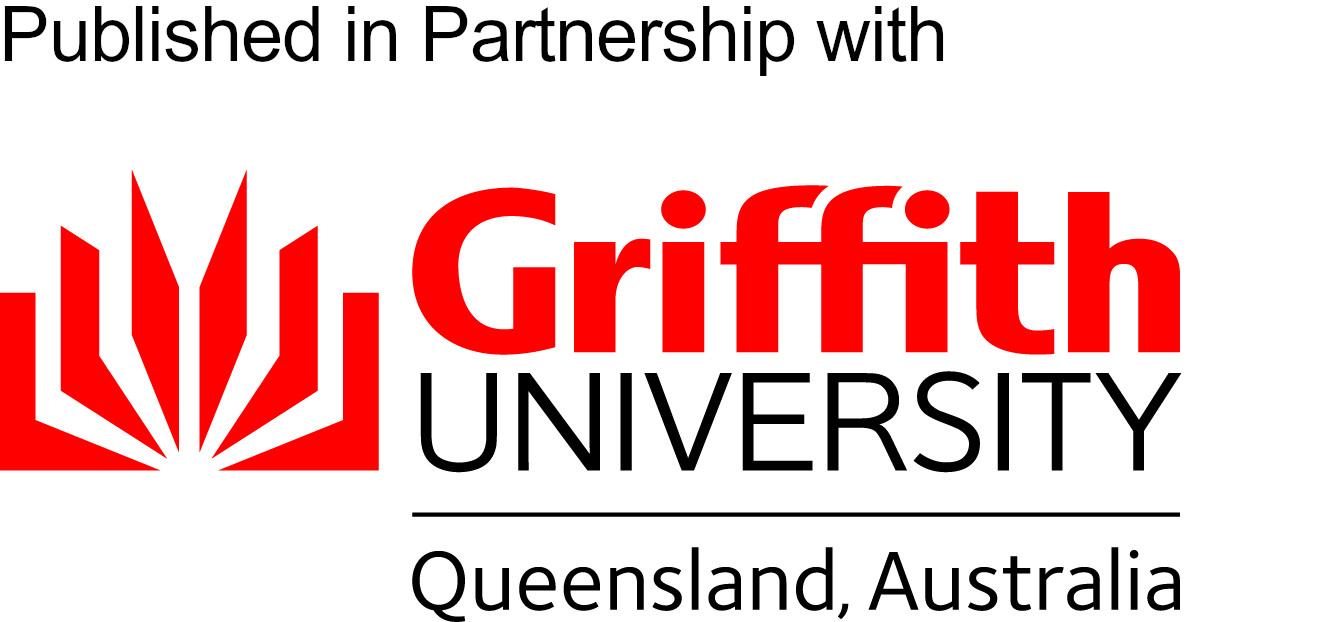From paper to program
Successfully translating an idea into a reality
DOI:
https://doi.org/10.1017/qre.2017.8Keywords:
Criss Cross Consultancy (CCC), Good Practice Framework, program management, meaningful communicationAbstract
No matter how excellent a framework for a new program is or how great it looks on paper, the challenge is how to ‘translate’ it into practice in such a way that it is an asset to the paid staff, volunteers and children involved. In this article, experiences of program development and delivery at Criss Cross Consultancy (CCC), where programs to empower vulnerable people are designed, are shared. With reference to the Good Practice Framework, the article draws on extensive program management experience to explore how good communication can support the effective design, implementation and delivery of programs. It illustrates the link between practice, meaningful communication and inclusion. Meaningful communication enables program content to be designed and adjusted to meet the needs of staff and children; shared decision-making to build co-ownership; recognition of expertise and matching people to roles; and effective top-down and bottom-up communication practices that engage with everyone. These communication outcomes are explored and examples are provided to illustrate how meaningful communication underpins the success of translating a program idea into a reality.
References
Koenen H. and van der Heijden A. 2008. ‘Dream team time 2007’, programma evaluatie, Stichting Culturall and Criss Cross Consultancy, Rotterdam.
Minis M. and van Dijcke K. 2015. ‘MooiMaken! (2014–15)’, programma evaluatie. Rotterdam: Stichting Culturall and Criss Cross Consultancy.
Minis M. and Verhoeven B. 2006. Evaluatie rapportage ‘KunstScoren (2005-06)’, Stichting Culturall and Criss Cross Consultancy, Rotterdam.
Seymour K. 2012. Good practice principles for youth development organisations. 2nd ed. Brisbane: Key Centre for Ethics, Law, Justice and Governance, Griffith University.
van der Heijden A. 2010. ‘ASOkunst! De Dialoog (2009–2010)’, programma evaluatie. Rotterdam: Stichting Culturall and Criss Cross Consultancy.
—— 2013. Evaluatie ‘Passiekids (2011-2012)’. Rotterdam: Stichting Culturall and Criss Cross Consultancy.
Verhoeven B. and Minis M. 2003. Evaluatie ‘Offline (2002–03)’, Stichting Culturall and Criss Cross Consultancy, Rotterdam.
Verhoeven B., Minis M. (2001), ‘KidsKunst Miniatuurkunst(2000-01)’, programma evaluatie. Rotterdam: Stichting Culturall and Criss Cross Consultancy.





